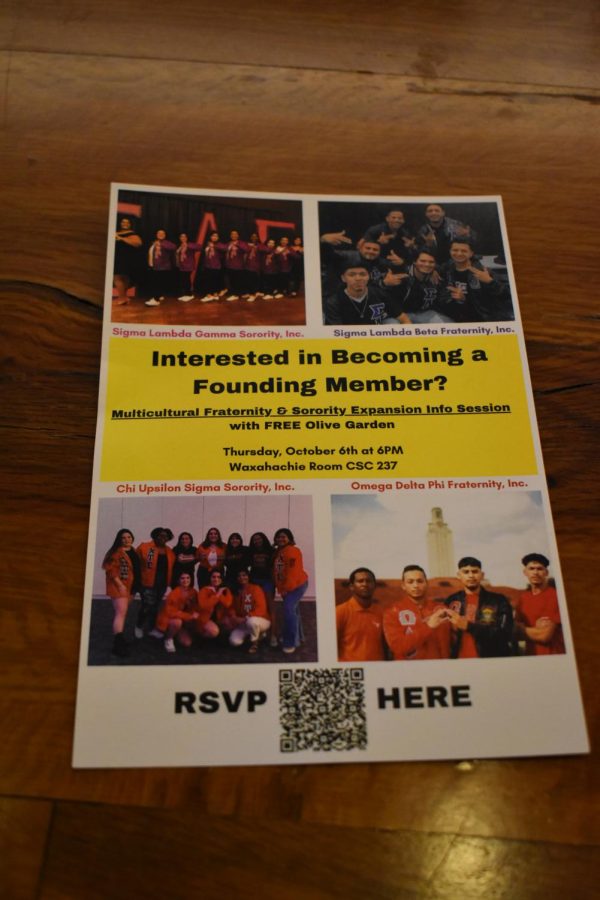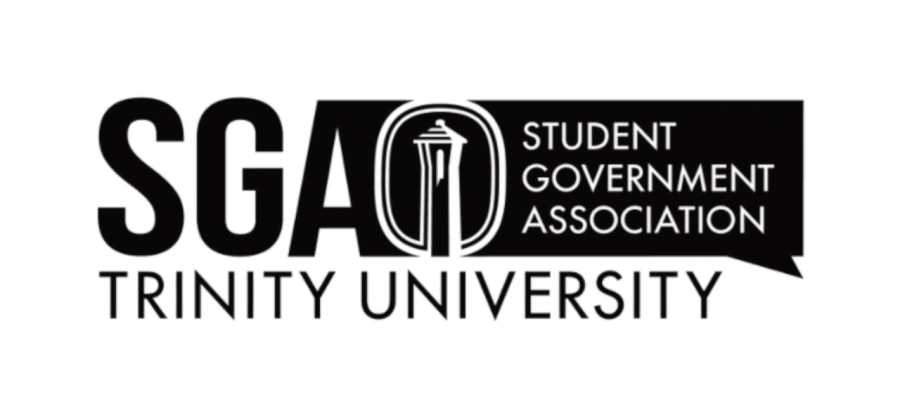Let’s get straight into it.
Should you spank your children? Of course. Or maybe not. We haven’t really decided. This should make for a great editorial. You might say, but lovely Trinitonian staff, why not address the complaints towards professor Singh or the killing in Oregon? Yes.
Usually various topics of discussion make their way in and out of the newsroom, from whether an alpaca is better than a llama or if it is acceptable to start drinking champagne at 4 p.m. on a Thursday. Last week we got into a nice conversation on the topic of discipline, particularly regarding children. Should you spank your child? The results were mixed. Various members of our present staff acknowledged being spanked, and often worse, by their parents, and they turned out relatively all right. It should also be noted that they have healthy and loving relationships with their parents. Then again, those on the other side, with their pacifist parents, also seemed to turn out alright. No real evidence either way.
In support of a more peaceful, and typically popular approach, spanking or hitting your children to discipline them can often have negative effects, aside from the physical damage. It can leave your child fearful of the punisher and come to associate bad acts with only that fear, instead of what they are really doing wrong or to simply avoid getting caught. Often children simply seeking attention may react to the punishment as rewarding their behavior. Then again, in defense of the righteous love tap, spanking your child may seem an appropriate response to egregious grievances or to those certain children who really are just a massive pain in the ass. An article from Aha! Parenting notes the fact that many children spanked turned out fine. However they attribute this to other factors and note that if said hypothetical child wasn’t spanked they would likely be even more emotionally healthy. We find that a bit absurd. Sure public opinion and some research shows that children disciplined without force turn out healthier, but to say for everyone this is the case seems like a bit of a rush in judgment. Corrective behavior may be so necessary that force might be the best option.
We seem to be in defense of the option that we were raised with and logically so. No one, with a healthy relationship with their parents they love, want to believe their methods of child raising were worse than another. To say so acknowledges the possibility of ourselves to be worse than someone else raised by a “better” method. So, we at the Trinitonian remain divided, maybe not for logical reasons but divided nonetheless. We’ll say this much: if you don’t spank your child, you are doing nothing wrong in that regard (we mean, emotional abuse aside). If you are spanking your child you may in fact be doing a lot wrong. But that doesn’t always mean it is the case. We of such upbringings are likely just emotionally fine for varying factors, spanking notwithstanding. We were raised with love and compassion, were taught great life lessons from the people we respected and who respected us and were likely without immediate suffering and hardships. Even the occasional spanking couldn’t ruin our draw. But that doesn’t mean that our parents who spanked us weren’t necessarily wrong to do so. It’s easy to criticize those who spank their kids since those who do often overlap with the monsters of physical and emotional abuse, on levels not limited to a wooden spoon and open palm but instead wooden posts and closed fists. Such actions are reprehensible.
To spank or not to spank, that is the question. But its answer is less important. What’s important is intent and the circumstance. If spanking is a mistake then it’s OK to let parents, who are human beings too, make mistakes. If there is one child, of one family, somewhere, sometime, whose actions truly justify a good spanking then so be it. It’s hard, and wrong, to criticize parents who sincerely love and care for their kid and want them to be best possible person they can be. So long as the parent’s intent is to teach their kids what they are doing wrong and really address the problem, not just hide behind pain or fear then let’s not jump to immediate conclusions on their ability, or inability, to effectively parent. Some parents know what’s best for their kid. Some, unfortunately, do not. And we should address those in the later category circumstantially, not simply categorize single actions in “bad” or “good.” What may be good for one child may be bad for another; to say it is bad or good for all seems misplaced. Sure, it may be good for the majority, but we have seen, not only among our staff, that it’s not always necessarily true. Maybe if those of us facing the spanking were let off more peacefully then we’d be better people, if only a little bit. But can you blame us for wanting to believe in our parents? So, to those of you on both sides, who turned out “all right”, thank your parents. You were likely a major pain in their ass.
Then again what the hell do we know? None of us even have kids.










